
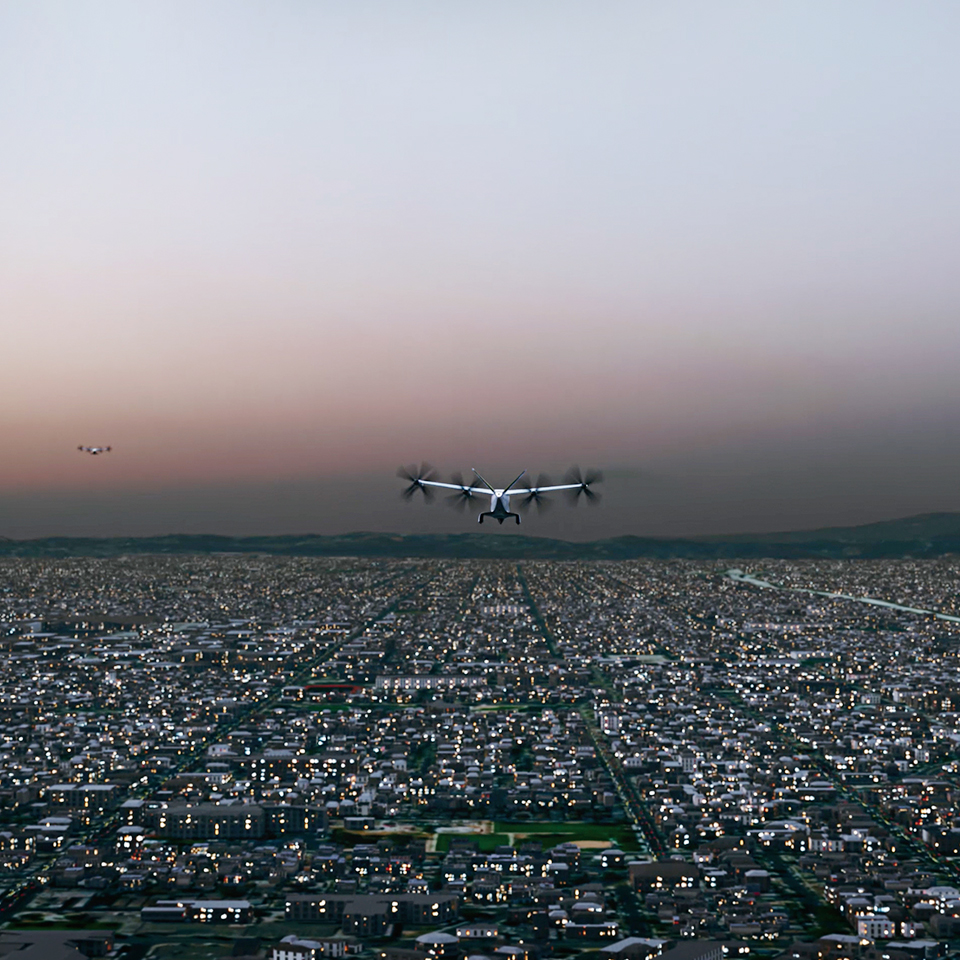


The management philosophy is the reason why HMG exists and the spirit that underpins management practice. The management philosophy of “Realizing the dream of mankind by creating a new future through ingenious thinking and continuously challenging new frontiers” serves as the foundation for all activities. The Group will become a partner in the future society by spearheading the market with the spirit of challenge and ingenious thinking and fulfilling responsibilities to enrich people’s lives.
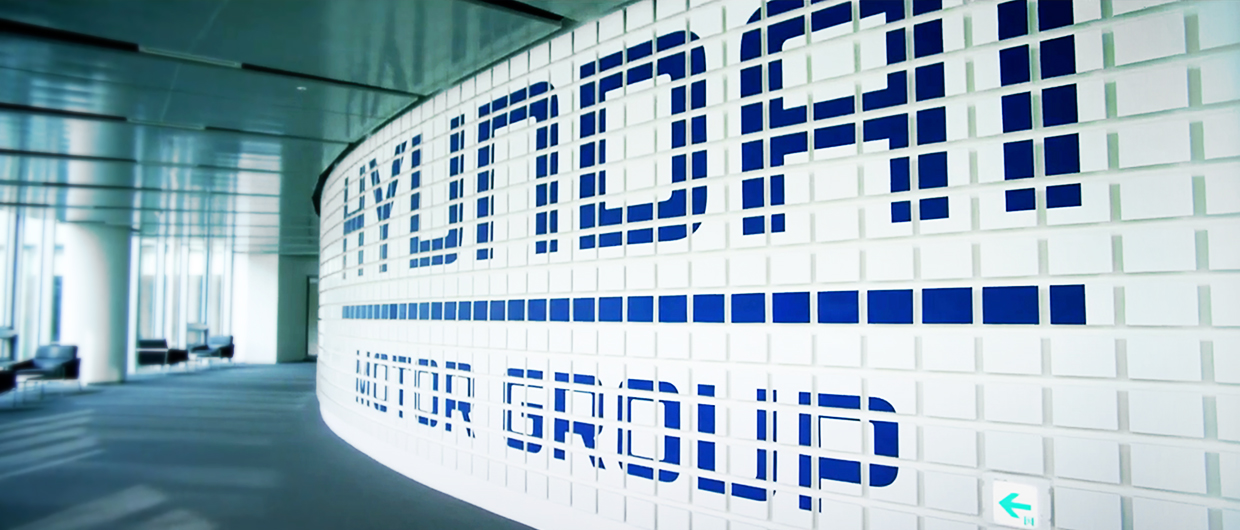
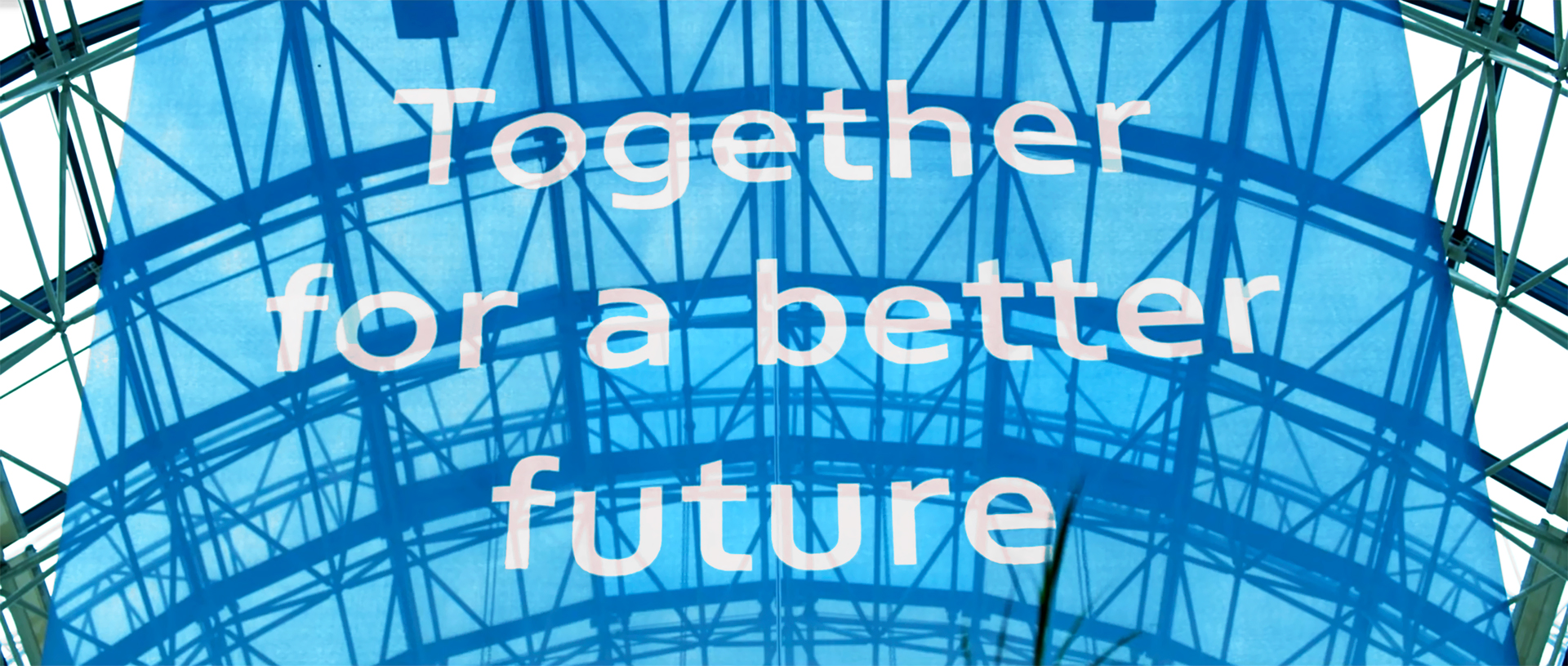
HMG seeks to journey together and envisions a better future for humanity-not just for corporate growth. In every area that’s deeply related to people’s lives such as automobiles, components, contraction, steel, finance, IT, and recreation industry, all affiliates have shared a vision and invested in the present to change the future. Withholding the value of ‘Together for a better future’, Hyundai goes hand in hand with respect for humanity and consideration for the environment.
The inherent core value among HMG members is concrete behavior patterns for a better future. HMG has further developed its standing and culture in line with the global corporate status while leveraging five core values as a driving force.
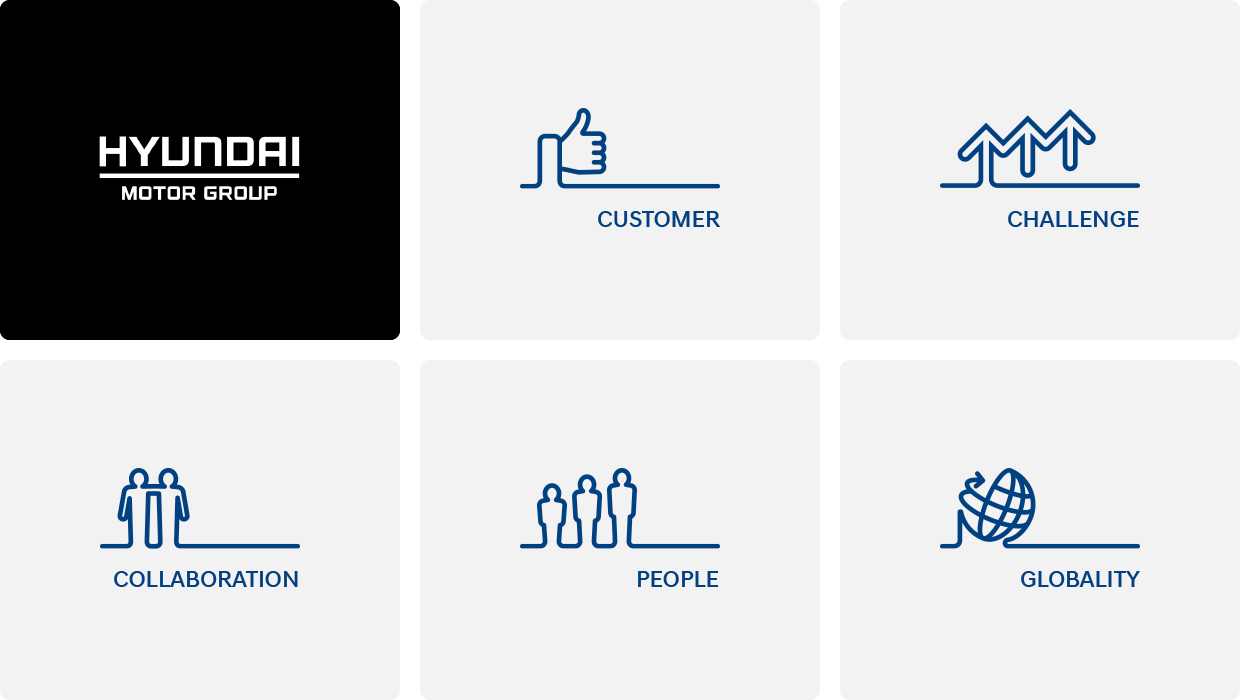
The dynamic future where people to people as well as people and technology communicate without barriers: The Group hopes that the evolution of mobility can make all mankind further enjoy prosperity and freedom. The ‘2025 strategy’, a customer-centered future innovation plan, is the key. The goal of the strategy is to provide quality time to all customers. To this end, Hyundai Motor Company stives to make a transition into a Smart Mobility Solution Provider and establish a new hydrogen business successfully.
The strategy 2025 has evolved continuously. In the ever-changing automobile industry, ‘Digital Transformation’ and ‘Energy Shift’ are accelerated, and customers’ requirements for environmental, social, and ethical values are increasingly diversified. With this trend in mind, Hyundai Motor Company has updated the strategy 2025. Three key pillars support the mid-to long-term strategy: Smart Mobility Device and Smart Mobility Service—both part of the original plan revealed in 2019—as well as H2 Solution that is a hydrogen business based on fuel cells.
The strategy 2025 aims to enhance competitiveness in automobiles and to lead electrification and to establish the foundation for the mobility service business, as well as to secure a hydrogen ecosystem initiative, adding the momentum to its successful transition into a mobile solution provider.
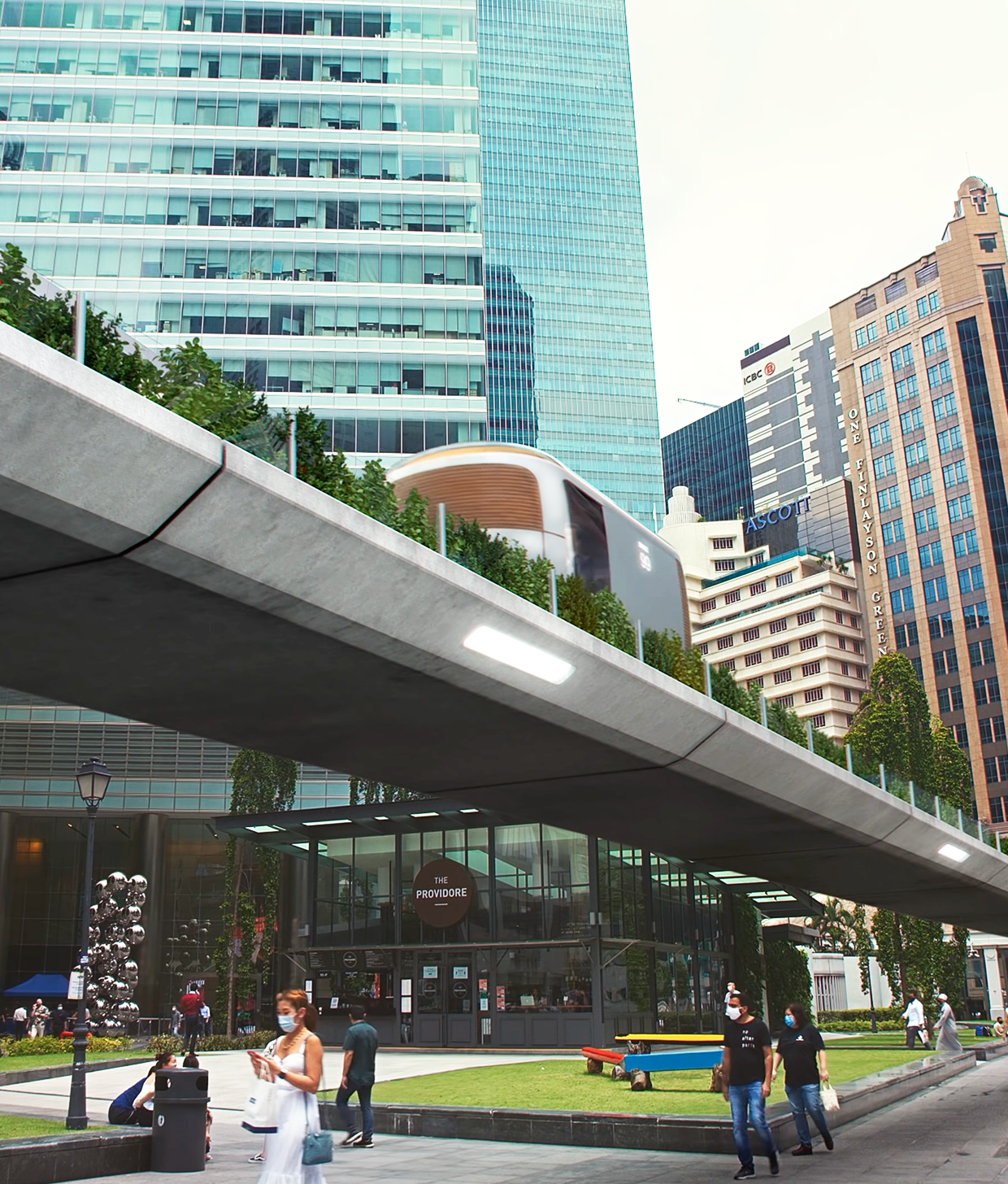
The competitiveness that Hyundai has built in the automobile industry becomes the cornerstone for a smart mobility device. Hyundai Motor Company plans to take the lead in the future electrification era based on technologies and profitability accumulated in an internal combustion engine vehicle. In addition, the automaker will diversify products into new mobility devices such as Urban Air Mobility (UAM), Purpose Built Vehicle (PBV), Robotics, and Last Mile Mobility to deliver the freedom and differentiated experience of seamless mobility. With the aim of providing optimized vehicles and services based on customer data, all sectors including the value chain, products, and business models have experienced rapid digitalization. To this end, the Group has enhanced digital competences in all value chains in the form of expanding the introduction of virtual development processes, planning market-based products, building smart plants, and expanding non-face-to-face sales and services in all regions.
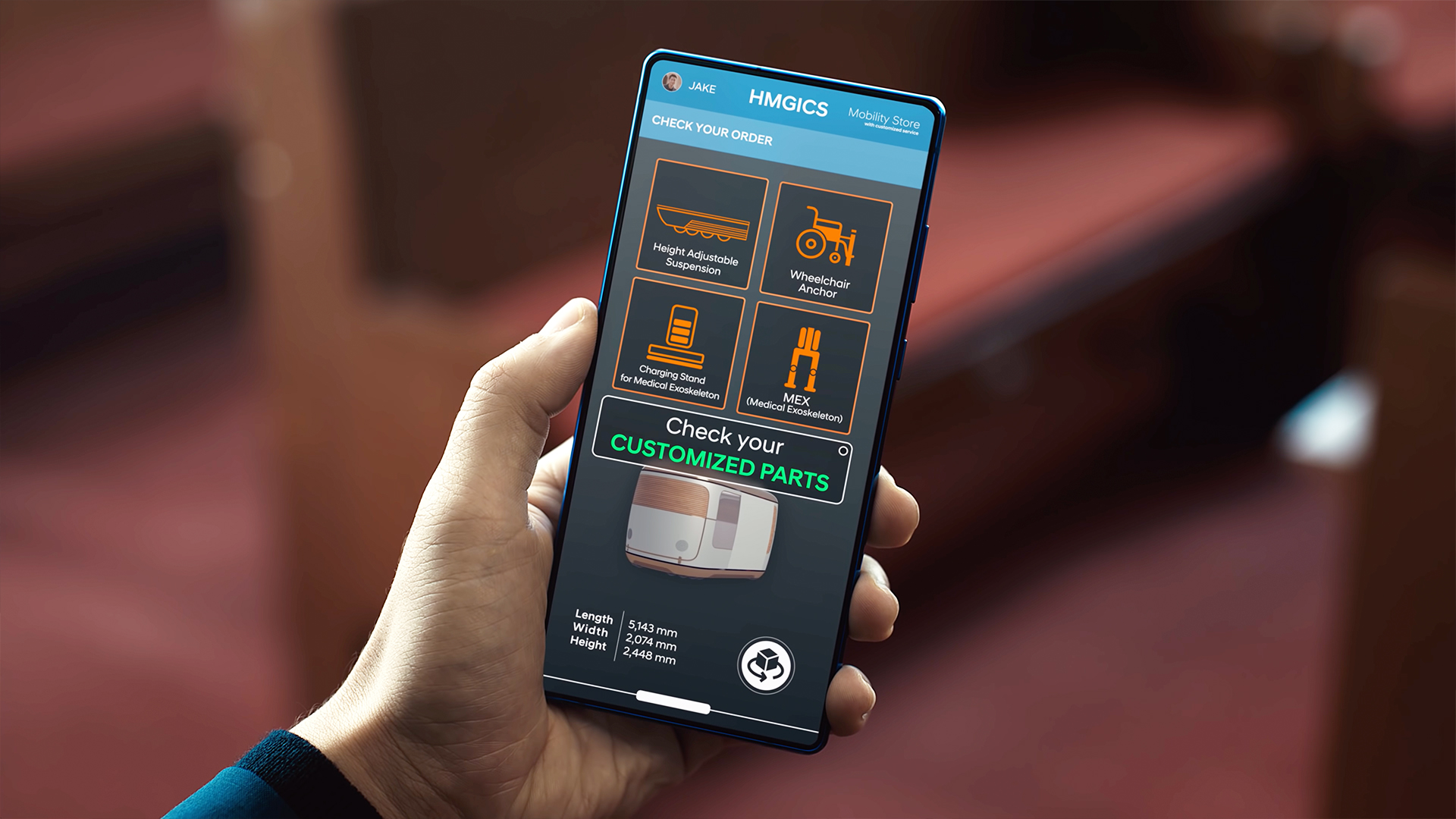
Hyundai Motor Company is committed to delivering tailored services and values to customers with the use of new platforms and contents. By establishing an 'Integrated Mobility Platform' capable to manage products and services comprehensively, Hyundai strives to secure the large-scale data generated from in and out of a vehicle and at various customer contact points and analyze them, and then provide idealized services to them along with partners. A business model that can create an added value collected from the vehicle data has increased. Hyundai Motor Company aims to upgrade a customer’s mobility experience by adding community-based business models and expanding their scope and, at the same time, enhance social values by resolving transportation issues and the transportation vulnerable.
Fuel Cell System Brand ‘HTWO’ Launching Film
The new identity of HMG can be summarized as Hydrogen. The H2 solution, one pillar for a new business structure, aims to spearhead the Group’s hydrogen ecosystem initiative by advancing the technologies of hydrogen fuel cell systems and expanding its scope not just developing FCEVs. Hyundai seeks to expand the hydrogen ecosystem by introducing its dedicated hydrogen fuel cell system brand, HTWO. The Group plans to replace existing internal combustion engines in all transportation areas including ships, trains, and UAMs with hydrogen fuel cell systems-not just simply partnering with other OEMs and selling the system to them.
HMG strives to develop hydrogen fuel cell systems equipped with industry leading durability and efficiency. The Group, a game changer in a hydrogen society, envisions a tomorrow that will change the world by combining technologies with belief in sustainable values and outside the box thinking.
Kia has contributed to connecting people and narrowing the physical and emotional gap over 70-plus years. ‘Mobility’ is always at the center of a Kia brand and people’s mobility is the key to its business, and this value will be timeless even in the future automobile industry. The Kia’s vision of a ‘Sustainable Mobility Solution Provider’ inspires many people and transforms the world. The ‘Plan S’ that is a mid-to long-term strategy announced in 2020 shows its determination to build a sustainable mobility ecosystem under the premise that mobility serves as the essence of human inspiration, progress, and achievement.
Source of Inspiration : The Origin
The letter ‘S’ means ‘Shift’. The traditional automotive industry has experienced a tremendous upheaval over the years. Each country bolsters its eco-friendly policy, mobility services spread without boundaries, and customer requirements are diversified. Under these circumstances, Kia tries to make a transition by pursuing fundamental business innovation and its specific response strategy is ‘Plan S’. Getting out of the existing internal combustion engines, ‘Plan S’ offers three core strategies: electric vehicles (EV), Purpose Built Vehicles (PBV), and eco-friendly mobility services for a preemptive action by turning mobility, electrification, connectivity, and autonomous driving into new opportunities. What ‘Plan S’ pursues is to satisfy customer and create sustainable social values through transition to a new business system and brand innovation based on selection and concentration.
For EV commercialization, Kia has dedicated itself to innovating the channels of production, sales and services and establishing the EV ecosystem while differentiating its product in the form of launching a dedicated EV model.
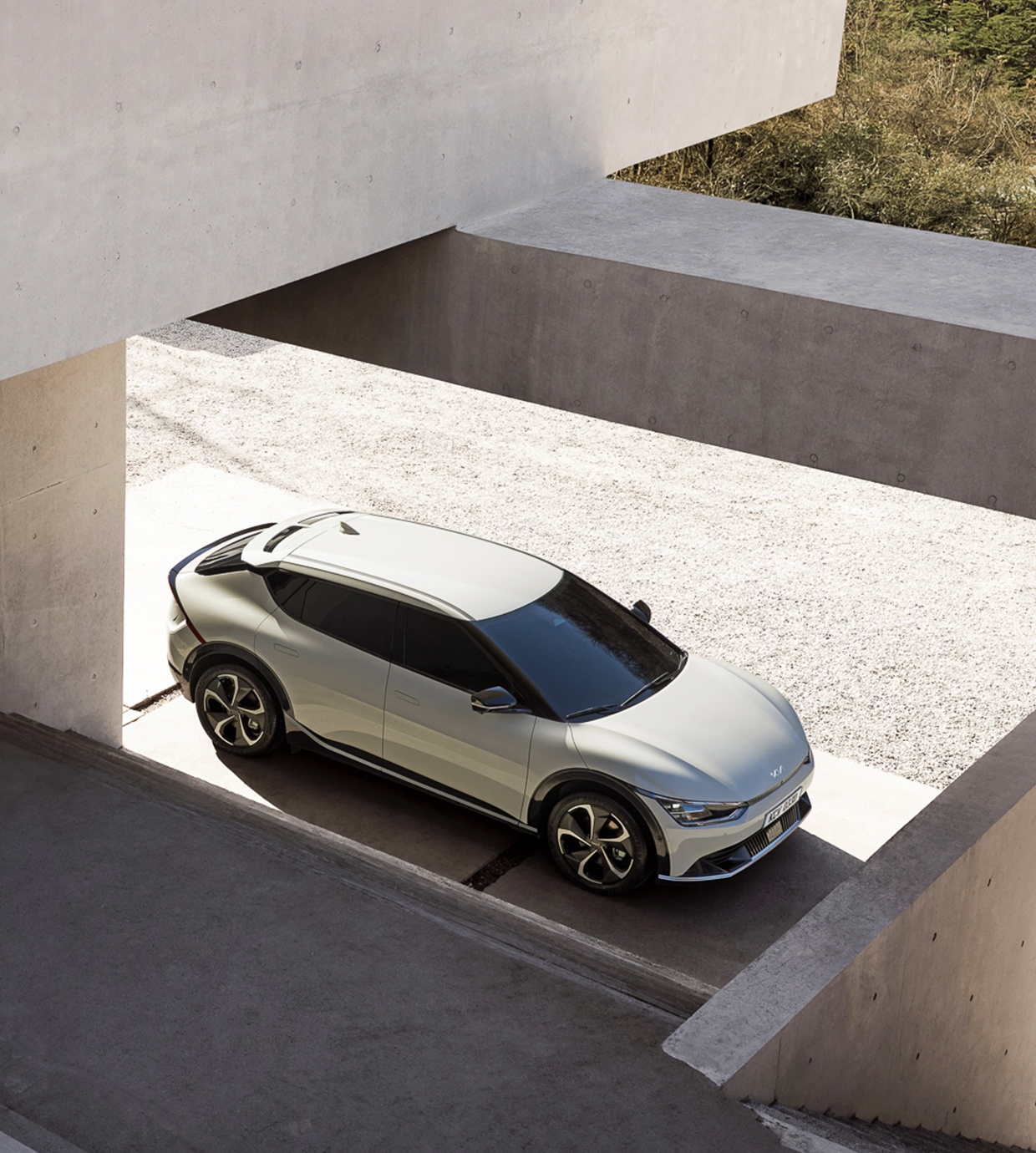
Starting with the launch of its first dedicated EV6, it is scheduled that a full EV lineup will be established in 2026 and seven dedicated EV lineups will be introduced by 2027. The new EVs have diverse lineups from passenger cars to SUVs and MPVs. The E-GMP, the Group's dedicated battery electric vehicle platform, will be applied to all vehicle grades, enabling long-distance driving and quick charging. Its differentiation strategies toward the EV Tier-1 brand lie in product competitiveness such as a supercar-level explosive power performance, excellent convenience, and reasonable costs of ownership. Kia enables customers to experience mobility in a more positive way through manufacturing competitiveness based on a mass-produced system, and innovation in sales and services in consideration of the electric vehicle life cycle and customer needs.
PBV can be summarized as ‘Customization’ itself. Kia develops and designs EV-based PBVs with various concepts in accordance with customers and purposes.

The rapid growth of e-commerce and ride-sharing service leads to the continuous demand for PBVs, and the non-face-to-face services due to the COVID-19 pandemic steps up its growth. Therefore, Kia will showcase personalized PBVs that meet the requirements of companies and individuals in the form of shared service vehicles, low-floor logistics vehicles, and delivery vehicles. PBVs consist of a modular body that can accommodate a wide spectrum of corporate customers’ requirements based on a highly flexible skateboard platform. With the start of PBVs as mobility services, the first PBV model in 2022, Kia is committed to achieving global sales of 1 million units by 2030 to become the global No.1.
Movement that Inspires
Another strategic goal of ‘Plan S’ is to diversify its business by providing sustainable mobility services centered on electrification and autonomous driving technologies. To this end, Kia collaborates and partners with global mobility solution giants and develops a range of mobility services. Kia already invested in Ola of India and Grab of Southeast Asia. And the automaker rolls out its WiBLE service, presumably the most successful carsharing platform in Europe, by collaborating with Spanish energy company Repsol. In addition, the launch of a rental service, ‘KiaMobility’ across Italy and Russia accelerates its transition into a mobility solution provider.
Kia plans to provide new and seamless customer experiences by expanding its mobility base to not only individuals but also public and private sectors. Hopefully, these differentiated and optimized mobility services will help customers feel a deeper emotional connection with its products and brands and then enjoy a rich lifestyle.